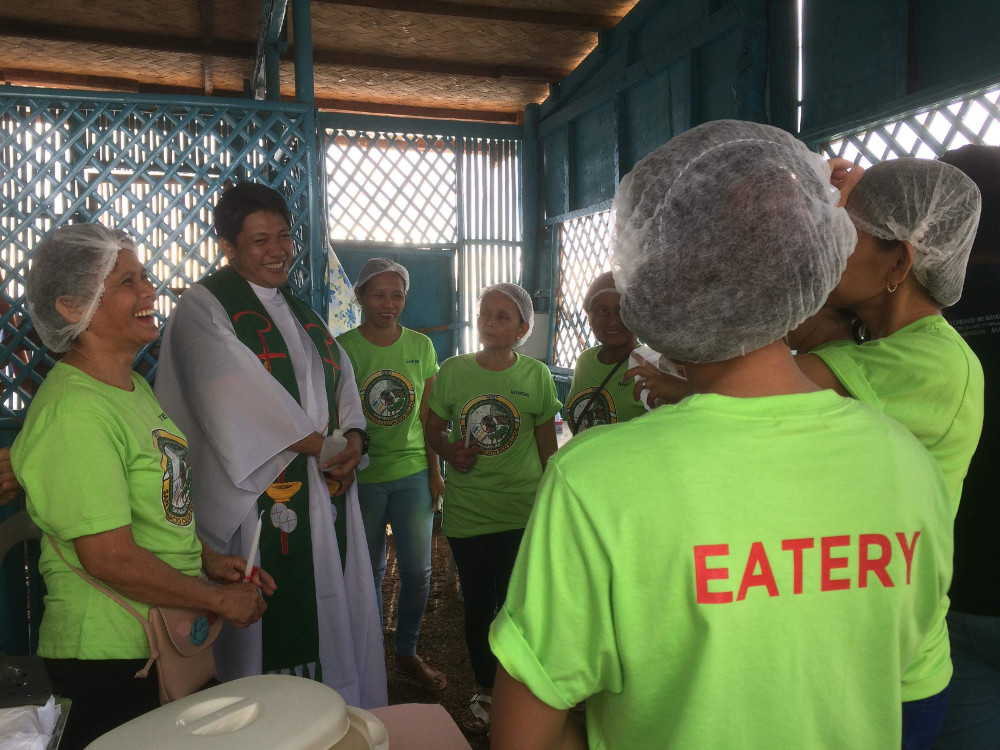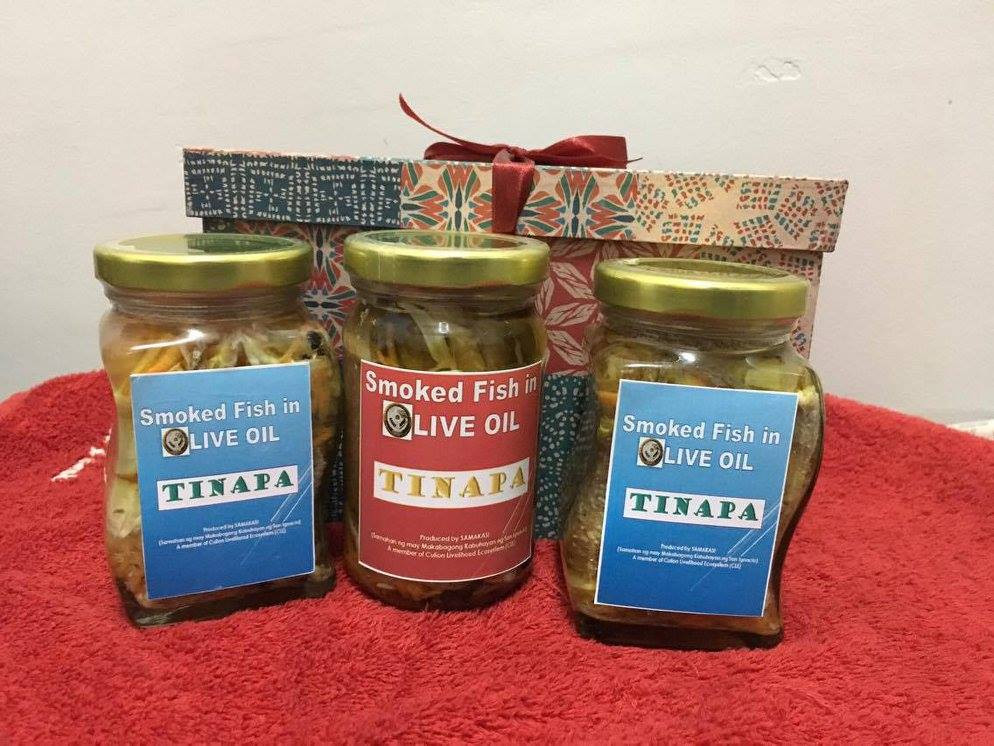 The name Culion might not ring a bell as loud as its neighbour Coron, but this picturesque island in the province of Palawan, Philippines is gaining popularity. The former leper colony is now a municipality alive with local industries with a landscape teeming with natural wonders and breath-taking views.
The name Culion might not ring a bell as loud as its neighbour Coron, but this picturesque island in the province of Palawan, Philippines is gaining popularity. The former leper colony is now a municipality alive with local industries with a landscape teeming with natural wonders and breath-taking views.
The local community learnt a big lesson in recovery after Typhoon Haiyan battered Culion in 2013. They realised that for development to be sustainable, they had to think long term. A group of Haiyan survivors, comprising mostly coastline residents who had borne the brunt of the storm, took this lesson to heart and formed SAMAKASI.
One of the early fruits of the community’s hard work is the SAMAKASI Eatery, which had its soft opening on the fourth anniversary of Typhoon Haiyan on November 8, 2017. The eatery was born out of the community’s desire to build a collective fund and do something with a social and cultural impact.
 Simbahang Lingkod ng Bayan (SLB), the social justice arm of the Philippine Jesuits, facilitated the formation of SAMAKASI, which stands for Samahan ng may Makabagong Kabuhayan ng San Ignacio (association of innovative livelihoods of St Ignatius). The members are tentative grantees of San Ignacio Culion Ecoville, a relocation project for Haiyan survivors begun in 2015 by SLB with the support of the Philippine Jesuit Province and other Jesuit groups.
Simbahang Lingkod ng Bayan (SLB), the social justice arm of the Philippine Jesuits, facilitated the formation of SAMAKASI, which stands for Samahan ng may Makabagong Kabuhayan ng San Ignacio (association of innovative livelihoods of St Ignatius). The members are tentative grantees of San Ignacio Culion Ecoville, a relocation project for Haiyan survivors begun in 2015 by SLB with the support of the Philippine Jesuit Province and other Jesuit groups.
“The vision of the collaboration is to rebuild the community holistically, aiming towards an inclusive development that the locals are capable of sustaining,” said Fr Patrick Falguera SJ, SLB Executive Director. Besides housing, SLB has been supporting the community by providing rigorous training in livelihood, disaster preparedness and coastal resource management.
Temporarily located adjacent to Culion’s extended seaport, the SAMAKASI Eatery, which has a traditional nipa hut design, serves affordable everyday meals and the group’s very own fish products called “Isda ni Ignacio” (Ignatius’ fish).
“Through this new enterprise, SAMAKASI has started a potentially reliable source of income while making a showcase of the flavours the island has to offer,” said Fr Falguera.
 The eatery will eventually move to the planned social enterprise hub right next to the Ecoville housing development site. In addition to fish processing, the organisation has laid the foundation for enterprises such as souvenir merchandising, agri-business, livestock raising, eco-tourism and baking, each managed by a unit.
The eatery will eventually move to the planned social enterprise hub right next to the Ecoville housing development site. In addition to fish processing, the organisation has laid the foundation for enterprises such as souvenir merchandising, agri-business, livestock raising, eco-tourism and baking, each managed by a unit.
“What makes the livelihoods developed by SAMAKASI unique is their integration,” explained Fr Falguera. “The eatery uses the products of the fish-processing unit and it will also use the produce from the agri-business and livestock raising units once these businesses become stable.”
SAMAKASI will also make sure that their initiatives are socially impactful. One of the plans is to offer foster family-type accommodation to tourists who are interested in interacting with the locals and learning how they worked together to recover after Haiyan.
One member, Genelia Alfonso, affirmed that there is strength in numbers and stressed the importance of having the support of the organisation rather than relying only on oneself. “Together, we are stronger in facing difficulties,” she said.
Related stories:
Building back after Typhoon Haiyan
Rebuilding for greater resilience against disasters

